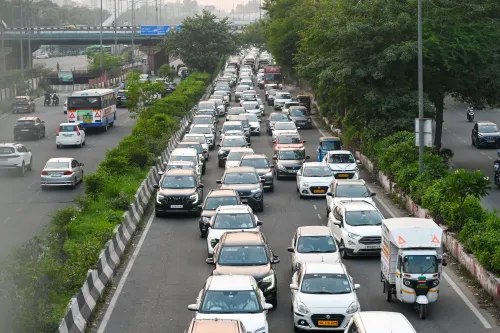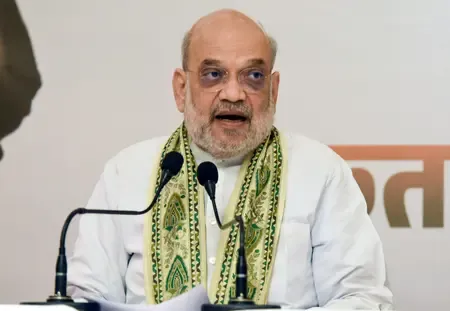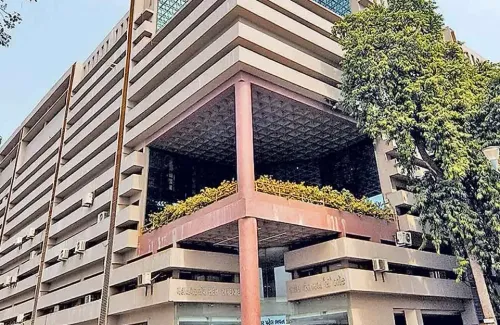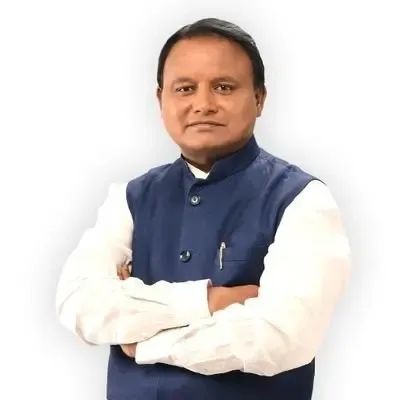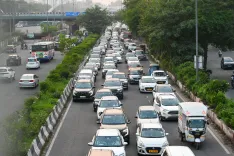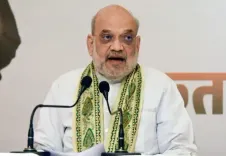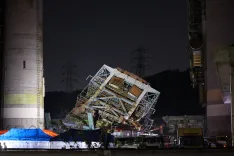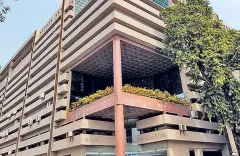Enhancing the Innovation Partnership: US NSA Sullivan's Final Visit to India
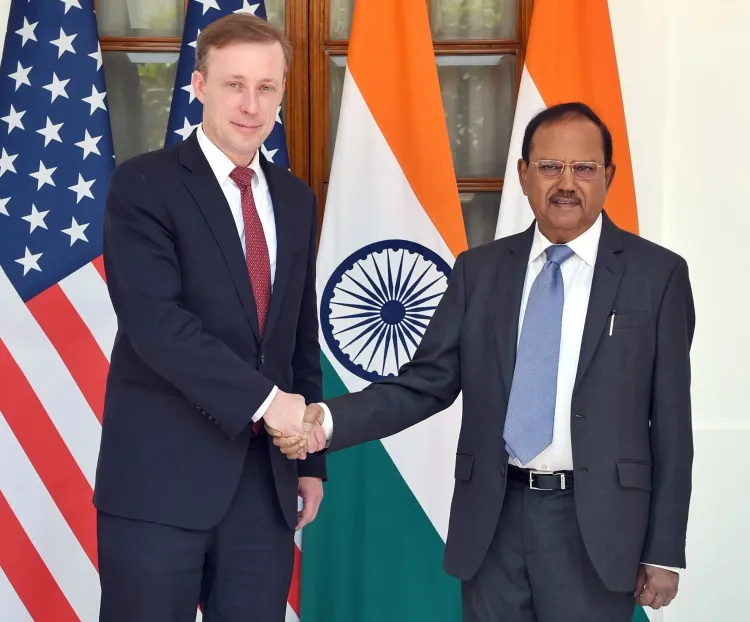
New Delhi, Jan 4 (NationPress) India and the United States are poised to engage in a dialogue covering an array of strategic, regional, and bilateral topics, including the Initiative on Critical and Emerging Technologies (iCET), during the two-day visit of US National Security Advisor (NSA) Jake Sullivan commencing this Sunday.
Earlier today, the White House confirmed Sullivan's visit as a capstone meeting with Indian National Security Advisor Ajit Doval, encompassing a wide range of subjects pertinent to the India-US partnership, from space and defense to strategic technology collaboration, as well as mutual security interests in the Indo-Pacific region and beyond.
“This will be Mr. Sullivan’s last trip to the Indo-Pacific region as National Security Advisor. He is eagerly anticipating these discussions at this crucial moment,” stated John Kirby, White House National Security Communications Advisor.
“During his visit, Mr. Sullivan will engage with External Affairs Minister S. Jaishankar and other Indian officials. He plans to visit the Indian Institute of Technology Delhi, where he will meet with young Indian entrepreneurs and deliver a speech detailing the major strides that the United States and India have achieved together to fortify our innovation alliance through the US-India Initiative on Critical and Emerging Technology (iCET),” Kirby informed reporters in Washington.
This visit occurs just ahead of US President Joe Biden's departure from office on January 20, prior to Donald Trump being inaugurated as the 47th president of the United States.
Both NSAs have recognized that the iCET, which was introduced by Prime Minister Narendra Modi and President Joe Biden in May 2022, is crucial for deepening the strategic partnership between the two nations.
In June 2024, while participating in an iCET roundtable alongside Sullivan, NSA Doval emphasized that India and the US must be leaders in technology, particularly in sectors such as Artificial Intelligence (AI), semiconductors, biotech, and other emerging technologies, to safeguard their core values.
“iCET has surpassed our expectations,” Doval remarked, pointing out the advancements made in the defense innovation roadmap and startups while underscoring the significance of the burgeoning semiconductor industry.
Sullivan outlined three primary categories for technology partnerships: innovation, production, and deployment, emphasizing the necessity for government backing of the private sector.
“There is bipartisan support for Indian industry in the US, and developing the ecosystem and manufacturing supply chain is vital for production,” he conveyed to industry leaders last year.
“The essence of iCET is the idea of India and the US supporting one another and promoting increased collaboration within the technology ecosystem to jointly innovate and tackle challenges,” Sullivan explained.
Last week, during his visit to the US, External Affairs Minister S. Jaishankar conferred with several key figures from the outgoing Biden administration, including Secretary of State Antony Blinken and Sullivan, while assessing the progress of the India-US partnership over the past four years.
“It was a pleasure to meet US NSA Jake Sullivan in Washington DC this morning. We had a comprehensive discussion on the advancements of the India-US strategic partnership and exchanged views on current regional and global developments,” EAM Jaishankar shared on X following the meeting.

